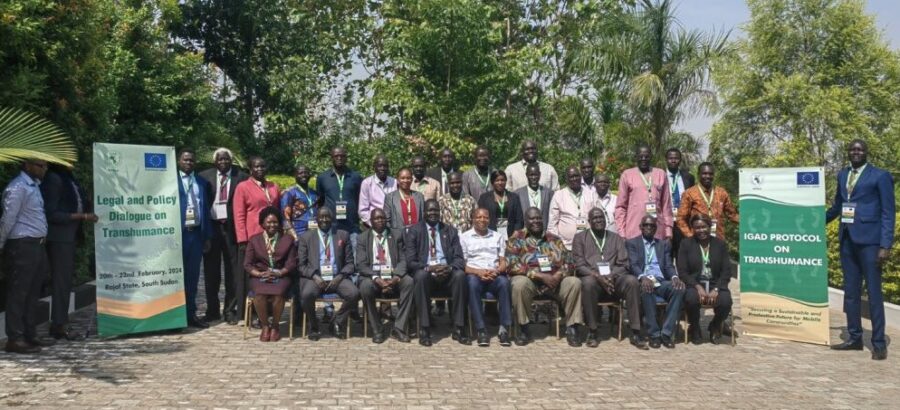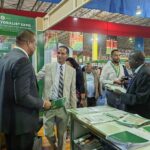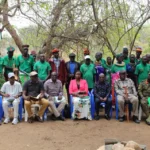February 22, 2024 (RAJAF, South Sudan) The IGAD Centre for Pastoral Areas and Livestock Development, with the financial support of the European Union, held a three-day national legal and policy dialogue on transhumance.
In physical attendance were a total of 30 national stakeholders drawn from relevant South Sudan line ministries and Parliament. Specifically, relevant officials from Ministries of Foreign Affairs and International Cooperation; Livestock and Fisheries; Justice & Constitutional Affairs; Interior; Humanitarian Affairs & Disaster Management; SS Land Commission, Land, Housing & Urban Development; and members of the Transnational National Legislative Assembly participated.
During the opening of the meeting, Mr. Japheth Kasimbu, ICPALD Transhumance Expert, on behalf of the Director, Dr. Dereje Wakjira, said, “after becoming signatories of the IGAD protocol on Transhumance, Member States are taking up responsibility to form legal frameworks that support its implementation and domestication.”
“As we gather here today to embark on Transhumance Policy Framework that will grant the pastoralists in IGAD Members States free access to cross international border without Member State limitation to their movement and to shared natural resource, it will be a great achievement for economic development and interaction among the Member States”, said H.E. Amb. Ador Akok Athuai, Ministry of Foreign Affairs and International Cooperation.
Various presentations were thereafter made to update participants on the state of livestock and pastoralism in South Sudan, the IGAD Transhumance Protocol journey and the process of ratification and domestication within the South Sudan context. This was followed by group sessions to deliberate on policy, institutional and legal frameworks respectively.
To help with the domestication of the Protocol, IGAD provides technical assistance in form of a model law. The model law aims to facilitate, as appropriate, the review and amendment of existing legislation, as well as the adoption of new legislation. A model law focuses on the substantive obligations arising from the international treaties, which need to be reflected on when tailor-making implementation laws/frameworks for each unique State.
At plenary, the roadmap of getting a national law domesticated detailed the role that each national stakeholder will play, including the expected timeframe for each step. As part of the implementation process, IGAD will disseminate simplified versions of this Protocol in local pastoralists languages for easier uptake and use.
Recognizing existing challenges of implementing laws, Ms. Mona Chol Ajak, Second Legal Counselor at Ministry of Humanitarian Affairs and Disaster Management, expressed appreciation for the session during which discussions and questions facilitated better understanding of the Protocol.
In his closing remarks, the Director General for Extension, Training & Pastoral Development at the Ministry of Livestock and Fisheries, Mr. Emmanuel Samuel, called for the improvement of pastoralists’ livelihood and establishment of a climate early warning system in South Sudan.
“As we work on the draft bill there is division of labor and a timeline which I find to be a very fruitful meeting outcome. We will make sure the necessary instruments are ratified and domesticated, for example the Transhumance Protocol”, said Ambassador Akech Chol Ahon Ayok, Ministry of Foreign Affairs and International Cooperation.
Prior to officially closing the meeting, regarding the documentation to be presented before parliament, Hon. Dr. Nhial Bol Akeen, Chairperson for Standing Committee for Livestock stated, “when it comes to my committee, we will not fail you. The sooner you bring all these things, we will use our influence to make it happen.”
###
Additional Resource: Meeting Report






